24 Solar Terms: 5 things you must know about Rain Water
chinadaily.com.cn | Updated:2020-02-20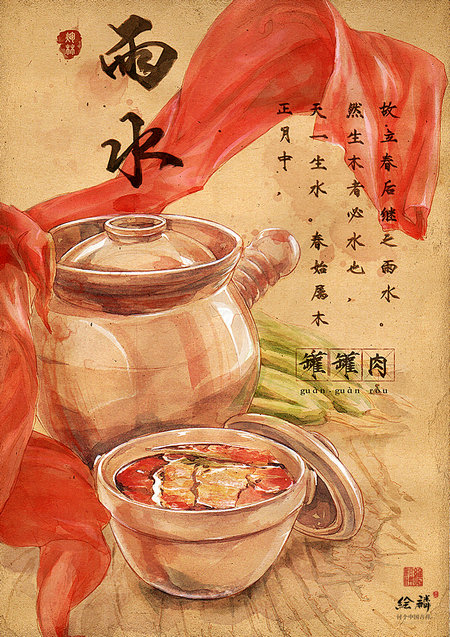
A painting of Rain Water from Li Xiaolin. As a popular young Chinese artist, Li combined the customs during a solar term and the associated food and created a series of illustrations named "24 Solar Terms and Chinese Delicacies". [Photo provided to chinadaily.com.cn]
The traditional Chinese lunar calendar divides the year into 24 solar terms.
The 24 solar terms are determined by changes in the sun's position in the zodiac during the year. They were first used in China and now are followed in many other parts of the world. In China, the 24 solar terms were created thousands of years ago to guide agricultural production. They also reflect China's rich history through the seasonal festivals, special foods, cultural ceremonies, family gatherings and even healthy living tips that correspond with each solar term.
Rain Water (Chinese: 雨水) this year starts on Feb 19 and ends on Mar 4.
Rain Water signals the increase in rainfall and rise in temperature. With its arrival, lively spring-like scenery starts blossoming: the river water defreezes, wild geese move from south to north, and trees and grass turn green again.
Here are five things you may not know about Rain Water.
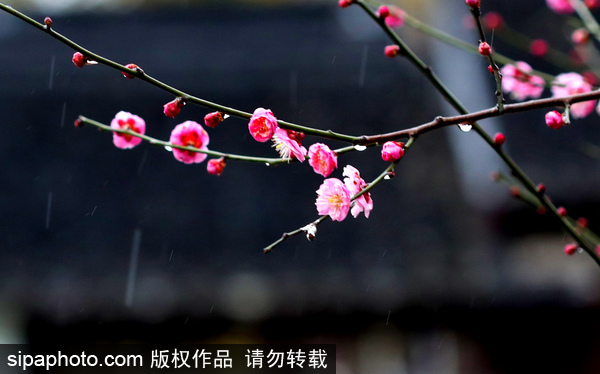
Plum blossoms in full bloom in Jiangsu province, Feb 6, 2020. [Photo/sipaphoto.com]
Water as precious as oil
According to an old Chinese saying, the rainfall in spring is as precious as oil. In northern China, the spring drought is common and the precipitation of this season accounts for only 10 to 15 percent of annual average rainfall.
Therefore, Rain Water is considered as a key period for irrigation when the day gets warmer and rainfall increases.
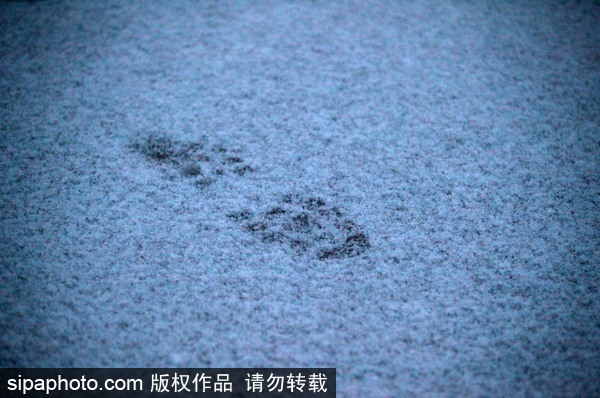
A foot print on snow covered land. [Photo/sipaphoto.com]
Return of cold spell
Extra care is needed to cope with a returning cold spell in the late spring that often happen during Rain Water period. The fast increase in air humidity due to rainfall can result in lower temperature and wet weather. It is strongly advised not to take off the thick coats too early and to keep warm, especially elderly and children.
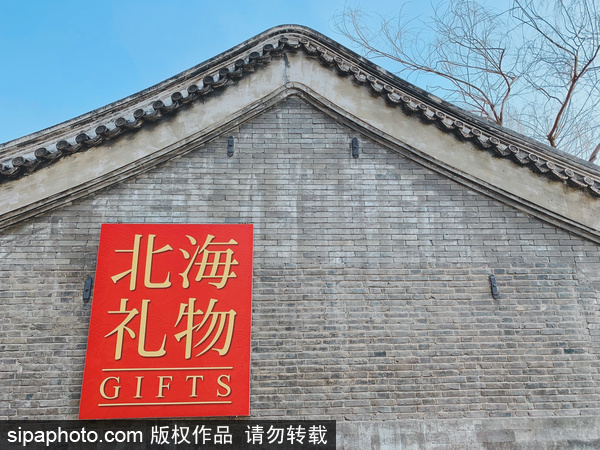
A gift shop in Beijing. [Photo/sipaphoto.com]
Visit to in-laws
One of the main customs during Rain Water is husbands visiting their in-laws and giving gifts. According to the tradition, gifts are usually two cane chairs winded with four meters of red belt, which symbolizes good health and longevity. Another typical gift is a pot of cooked dish that contains pig's knuckles stewed with soya and kelp, by which the son-in-law expresses his respect and gratitude.
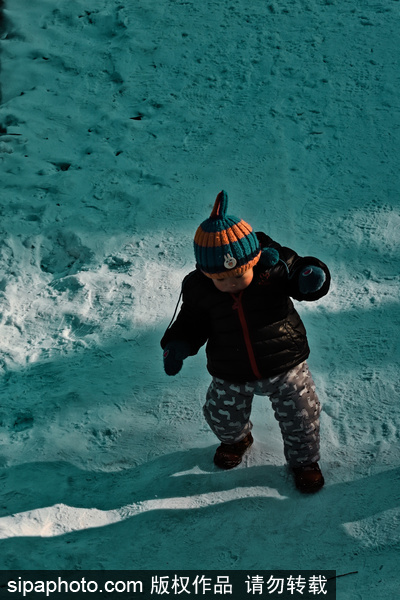
A little child. [Photo/sipaphoto.com]
Finding godfather
Another old custom is to find a godfather for little kids. Rainfall brings vitality to the earth; therefore people in the past believed that this practice would give their kids healthy and safe growth.
The custom can be traced back to the health services of the past when many children's diseases could not be cured at all. Therefore, parents wanted a godfather to shower their blessings and good luck on their children. This old practice was popular in Sichuan area.

A bowl of shrimp porridge. [Photo/sipaphoto.com]
Nutritious porridge
The wet and damp weather during Rain Water period is considered harmful for people's spleen and stomach according to Chinese medical practice. Therefore, a bowl of nutritious porridge is the best choice to nourish the body.
People in Beijing often eat porridge cooked with rehmannia glutinosa libosch, a kind of Chinese herb medicine, to resist cold and wet weather and eliminate heat from the blood. It is also good for people with constipation, arthritis and headaches.

 Fujian Public Security Registration Code: 35012802000271
Fujian Public Security Registration Code: 35012802000271